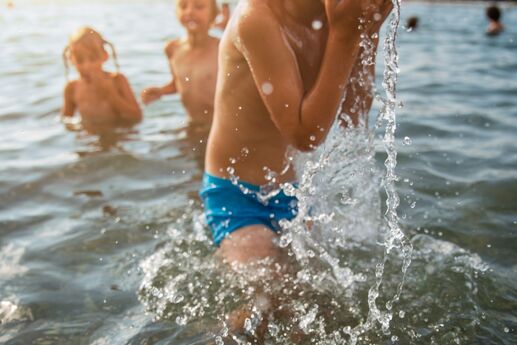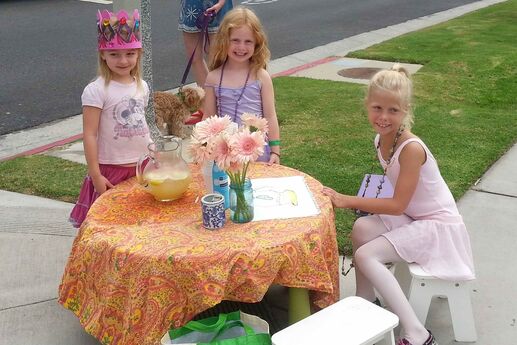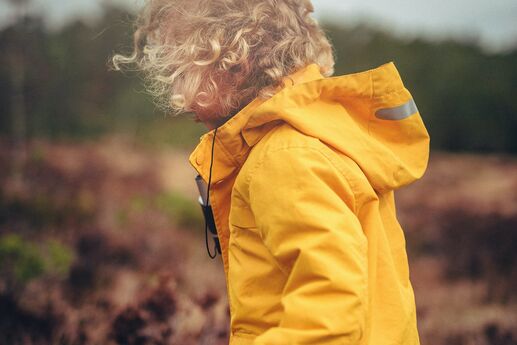Teach Your Toddler Healthy Hygiene Habits
Toddlers are messy by nature. Whether your little one has a tendency to find herself elbow-deep in backyard mud piles or catches more colds than you can count, chances are you’re ready to teach her a hygiene lesson (or two!). Luckily, she isn’t too young to start learning how to keep her body clean and healthy. Use these toddler care tips to show her how easy -- and fun! -- good hygiene can be.
Washing hands
Toddlers are hardwired to explore anything they can lay their hands on, which leaves those little mitts pretty darn dirty. To keep germs at bay, practice scrubbing together before meals and snacks, after petting the dog, and at the end of each of your toddler’s potty training sessions. Make the task something she looks forward to by using soap in fun animal shapes, singing a song while you lather, or washing her doll’s hands at the same time. Stay close by to make sure she’s doing a thorough job (she should lather for about 20 seconds).
Brushing teeth
After breakfast and before tucking in at night, help your toddler brush her baby teeth. Allow her to practice brushing her pearly whites. This will foster independence and help make the task feel like it’s something she’s choosing to do instead of being made to do. But after she’s had a go, be sure to do a spot check. Using a tiny smear of toothpaste (it is typically recommended to use toothpaste after 24 months, but be sure to check with your doctor or dentist before making the introduction), aim to brush for about 60 seconds (set the timer on your phone or use one from the kitchen).
Covering coughs and sneezes
Explain to your toddler that germs fly out the mouth and nose during a cough or sneeze, so she should try to “catch” them to prevent sickness from spreading. Encourage her to cough or sneeze into the crook of her elbow, as if she’s a vampire raising a cape in front of her face. This toddler care tip may take practice as coughs and sneezes can take your tot by surprise, but if she looks like she’s about to sneeze or cough give a quick “Catch those germs!” reminder to help make covering her mouth a habit.
Teaching your child these toddler care basics requires patience and lots of encouragement, but with time your tot will eventually learn to love these healthy habits. And once she’s an expert, she may just start reminding you to wash up and cover your coughs!
Photo by ???????? Janko Ferlič on Unsplash







